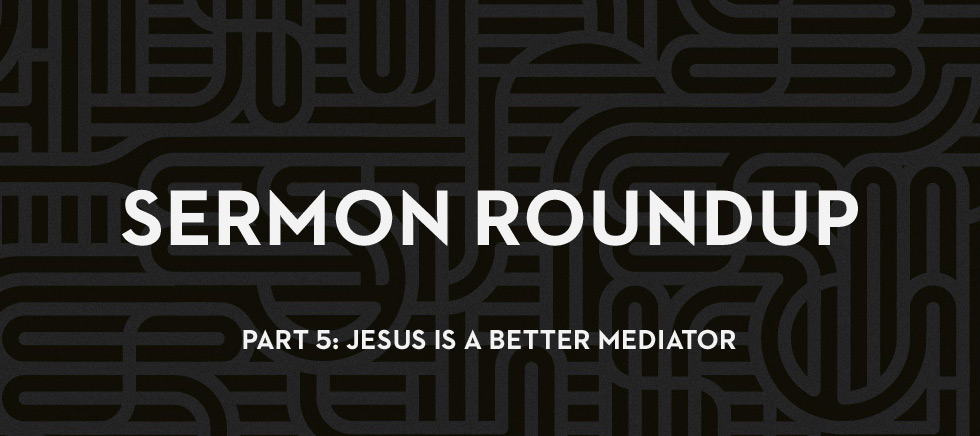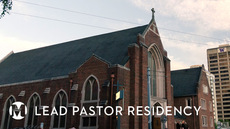This week Pastor Mark preached the sermon “Jesus Is a Better Mediator” out of Esther 4:1–17 for part 5 in our sermon series on the book of Esther. Here are some social media highlights from this week’s sermon. Share the sermon with this shortened link: //jesus.to/TsCULI
Mordecai and Esther aren’t perfect, but they’re making progress and changing. Mordecai’s faith is activated in mourning and weeping. He trusts that God is always with his people, and that God is in control. Esther’s faith is action in the face of opposition and possible death. Only she can serve as mediator to reconcile Xerxes and her people, just as Jesus is the one mediator between God and men.
Lamenting, crying, singing out to God, and doing so with others helps relieve the pressure of grieving. #bettermediator
Grieving invites others to know and love you, and you may not know this: it’s a gift for them. #bettermediator
You can’t meet God and not change. #bettermediator
Faith is an internal conviction that leads to an external action. #bettermediator
Relationship with God should be at the center of everything, not at the top of a to-do list. #bettermediator
God is not a Father who walks out on his kids. #bettermediator
Providence is this: despite all the sin, God is still in control and he’s good. #bettermediator
Esther had to come to King Xerxes on his throne, but our King Jesus got off his throne to come to us. #bettermediator
For those of you that are making progress, don’t get discouraged by judging yourself on the standard of perfection, but look at yourself through the eyes of progress. Are you making progress?
As a church, it’s good to learn to grieve together, and that’s an act of worship as much as singing and rejoicing. The Bible says that God rejoices with those who rejoice and he weeps with those who weep, and God’s people, similarly, need to rejoice with those who rejoice and weep with those who weep.
Relationship with God should be at the center of everything, not at the top of a to-do list. It's not something that is completed, but something that is constant and affects everything else.
You can’t meet God and not change. You might have a season of rebellion, you may have a season of backsliding, but ultimately, God’s people make progress... People who know God change, there’s progress.
Here’s the truth: God will never leave us nor forsake us. That’s what he says. Friends, you may not walk with God, but if you’re a believer, God walks with you. You may say, “I’ve walked far away.” I’ll tell you what, you turn around in repentance, he’s right there because the Bible says even when we’re faithless, he’s what? He’s faithful.
Once the God of the Bible becomes your greatest treasure, people can’t threaten or bully you into obeying them. You’re free.
Community group questions
- Where have you seen progress in your life or the life of others?
- Where have you been passive and need to get active?
- When was a time of duress or a hard season where you grew a lot spiritually? Are you in one now?
- What risks or steps of faith have you taken for God lately?
- What's your part in God's mission?
YouTube
In Esther 4:3, we see the Jews are in "great mourning." But in the west, we don't grieve well, and it's to our disadvantage. Learning to mourn is important because it's being honest, because God himself weeps, and because it invites other people to know you and love you.
At the end of Esther 4, Mordecai implores Esther to get active and make progress, famously asking her, "Who knows if you have not come to the kingdom for a time such as this?" There's a sense of urgency in the Scriptures here, and there should be a similar sense of urgency in our lives. Our relationship with God should not be an item on the to-do list, but at the center of everything. What is it for you? Is it time to start reading Scripture? Confessing sin? Praying? Pursuing people? This passage is a great encouragement and hope for all of us because Esther makes progress.
Watch the full sermon here. Next up: “Jesus Gives a Better Identity,” part 6.















